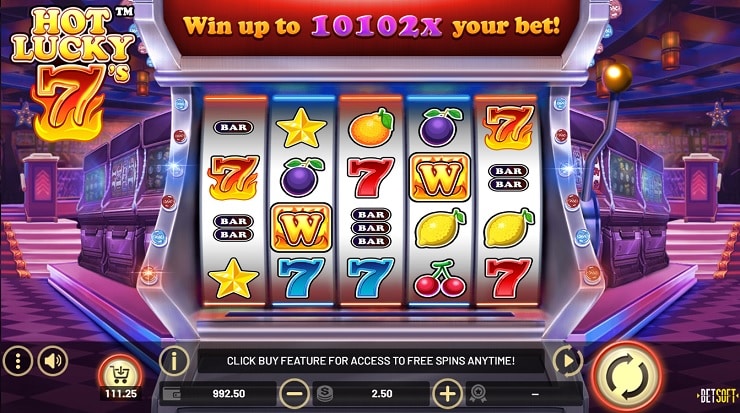In the world of online gaming, few experiences rival the excitement of spinning the reels on online slot machines. From humble beginnings in brick-and-mortar casinos to the vast, colorful landscapes of today’s digital platforms, online slots have become a cornerstone of the gambling industry. This article explores the evolution, mechanics, and future of online slot gacor hari ini, offering insights for both novice players and seasoned gamblers.
A Brief History of Slot Machines
The journey of slot machines dates back to the late 19th century with the invention of the Liberty Bell by Charles Fey in 1895. This mechanical device featured three spinning reels and a simple payout system based on symbols like horseshoes, diamonds, and the iconic Liberty Bell. The early 20th century saw the introduction of the first electric slot machine, which paved the way for the more complex designs we know today.
The real transformation began in the 1990s with the rise of the internet. Online casinos started to emerge, offering players a chance to experience the thrill of slots from the comfort of their homes. The first online slots were simple, mimicking their physical counterparts, but as technology advanced, so did the complexity and appeal of these games.
How Online Slots Work
Online slots operate on a simple premise: players bet on the outcome of a spin, hoping to match symbols across paylines to win prizes. The mechanics behind these games involve Random Number Generators (RNGs), which ensure that every spin is independent and fair. This technology generates thousands of random combinations every second, making it nearly impossible to predict outcomes.
Most online slots feature multiple paylines, bonus rounds, and progressive jackpots, enhancing the gaming experience. With themes ranging from ancient mythology to modern pop culture, players are often drawn to the vibrant graphics, immersive soundtracks, and engaging storylines.
Types of Online Slots
- Classic Slots: These are reminiscent of traditional machines with three reels and a limited number of paylines. They often feature fruit symbols, bars, and lucky sevens.
- Video Slots: The most popular category today, video slots boast five or more reels, multiple paylines, and elaborate themes. They often include special features like wild symbols, scatter symbols, and interactive bonus games.
- Progressive Slots: These slots are linked across a network of casinos, allowing a portion of each bet to contribute to a growing jackpot. Players can win life-changing sums of money, making these games particularly appealing.
- 3D Slots: Utilizing advanced graphics technology, 3D slots provide a visually stunning experience. They often feature intricate animations and layered storytelling that enhance player engagement.
The Appeal of Online Slots
The allure of online slots lies in their simplicity and accessibility. Players can enjoy a quick spin or engage in longer sessions, all while having the potential for significant payouts. The convenience of playing anytime, anywhere, combined with the ability to play for low stakes, attracts a wide range of players.
Moreover, online casinos often offer enticing bonuses, including free spins and deposit matches, which enhance the playing experience and provide additional opportunities to win.
Future Trends in Online Slots
As technology continues to advance, the future of online slots looks promising. Here are some trends to watch for:
- Virtual Reality (VR) Slots: VR technology is starting to make its way into the online gaming space, providing immersive experiences that transport players into virtual casinos.
- Mobile Gaming: With the increasing use of smartphones, mobile-friendly slots are becoming essential. Developers are focusing on creating seamless experiences for players on the go.
- Gamification: Incorporating game-like elements such as leaderboards, missions, and achievements can enhance player engagement, making the experience more interactive and rewarding.
- Cryptocurrency Integration: As cryptocurrencies gain popularity, many online casinos are beginning to accept digital currencies for deposits and withdrawals, appealing to a tech-savvy audience.
